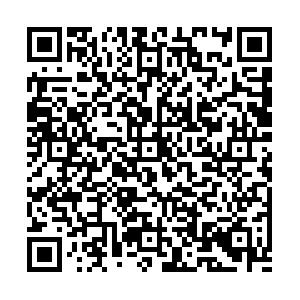Abstract:
The publication of the "Manifesto of the Deaf Community" is an epochal event in the history of special education in Japan. It clearly states a powerful viewpoint:Deafness is not a disability, but a culture. The basic concepts advocated by the "Manifesto of the Deaf Community" are recognizing the cultural identity of the deaf and endowing the Sign Language the status as a true language. Based on this concept, Japanese deaf education also provides vivid teaching cases at the practical level, which are designed to advertise the value of the deaf in the sense of difference, to conceive the "integration" into the hearing world, and to explore the possibility of coexistence with the hearing world. This article suggested that the possibility of coexistence should first be based on whether hearing people can truly abandon stereotype that deafness is equivalent to disability. Although there are different voices and even conflicts at the two levels of educational concept and practice surrounding the "Manifesto of the Deaf Community", the production and dissemination of "Deaf Culture" concepts actually enable people to notice the Deaf people's own language——The charm and practical significance of "Japanese sign language". Only by letting more Hearing people embrace that deafness is a social construction rather than a disability in concept and practice to form a powerful force for social reform, can we truly get access to the coexistence.

 点击查看大图
点击查看大图



 下载:
下载: